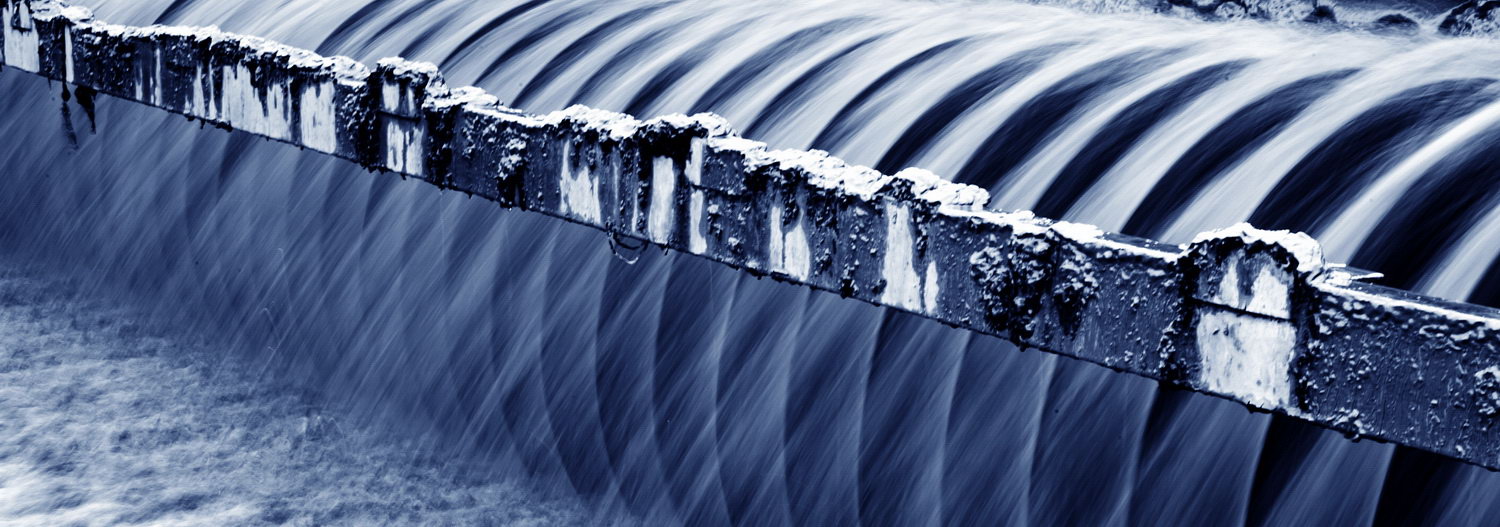Smart Water Management In Agricultural Systems
Welcome to our blog! Today, we are going to explore the fascinating world of smart water management systems. In this article, we will dive into what they are, potential ideas for implementation, recommendations for choosing the right system, and even provide a question and answer section. So, let's get started!
Smart water management refers to the use of advanced technologies and systems to monitor and control water usage. These systems leverage the power of data analytics, Internet of Things (IoT) devices, and cloud computing to optimize water consumption, detect leaks, and ensure efficient distribution.
What exactly is the purpose of smart water management systems, you might ask? Well, the primary goal is to conserve water resources, reduce wastage, and improve overall water management. By implementing such systems, we can move towards a more sustainable future where water preservation is prioritized.
Ideas for incorporating smart water management systems are plentiful. One concept is to install smart water meters in residential buildings. These meters provide real-time data on water consumption, allowing individuals to monitor their usage and make adjustments accordingly. This promotes water conservation and helps homeowners save on their water bills.
Another idea is to utilize smart irrigation systems for gardens and parks. These systems can be programmed to water plants at specific times and adjust the amount of water based on weather conditions. By intelligently watering plants, we can prevent overwatering and minimize the wastage of this precious resource.
When considering implementing a smart water management system, it is crucial to keep a few factors in mind. First and foremost, compatibility with existing infrastructure must be assessed. The system should seamlessly integrate with current water networks and provide accurate and reliable data.
Additionally, scalability is an important consideration. As water needs grow or change over time, the system should be flexible enough to accommodate these variations. The ability to expand the system and add new sensors or devices as necessary is essential for long-term success.
Another factor to consider is the security of the system. Since smart water management systems rely on data transmission and cloud-based storage, robust security measures must be in place to protect against potential cyber threats. Encryption, authentication protocols, and data privacy measures are vital for safeguarding sensitive information.
Now, let's move on to a listicle of the top advantages of implementing smart water management systems:
- Water Conservation: Smart systems ensure water is used efficiently, reducing wastage and promoting conservation.
- Cost Savings: By monitoring water usage and detecting leaks, individuals and organizations can save on their water bills.
- Improved Infrastructure: Smart water management systems help identify vulnerable areas in the water network, enabling timely repairs and maintenance.
- Data-Driven Decision Making: Access to real-time data allows for informed decision-making regarding water distribution and usage.
- Reduced Environmental Impact: By minimizing water wastage, these systems contribute to a greener and more sustainable environment.
- Enhanced Efficiency: Automation of water management processes results in more efficient operations and reduced human errors.
- Faster Leak Detection: Smart sensors and meters can quickly identify leaks, enabling prompt repairs and minimizing water loss.
- Remote Monitoring: These systems can be accessed and monitored remotely, providing convenience and flexibility for users.
- Long-Term Cost Savings: Although the initial investment may be higher, the long-term savings in water and maintenance costs outweigh the upfront expenses.
- Smart City Integration: Smart water management systems can be integrated with other smart city initiatives, creating a holistic approach to urban development.
Now, let's move on to the question and answer section to address some common queries about smart water management systems:
Question 1: How do smart water management systems detect leaks?
Smart water management systems utilize advanced sensors that can detect unusual drops in water pressure or flow. These abnormalities indicate potential leaks, which are then promptly reported to the system's control center for further investigation.
Question 2: Can smart water management systems be customized for different types of buildings?
Absolutely! Smart water management systems can be tailored to meet the unique requirements of various buildings, whether residential, commercial, or industrial. The scalability and flexibility of these systems ensure compatibility with different infrastructures.
Question 3: Are smart water management systems difficult to operate?
No, smart water management systems are designed with user-friendliness in mind. The interfaces are intuitive and easy to navigate, making it convenient for individuals to monitor their water usage and access real-time data.
In summary, smart water management systems play a crucial role in conserving water resources, improving efficiency, and reducing wastage. By implementing these systems, we can create a more sustainable future for generations to come. Whether it's through the installation of smart water meters or the use of advanced sensors for leak detection, the possibilities for enhancing water management are endless.
We hope you found this article informative and insightful. If you have any further questions or would like to learn more, please feel free to reach out to us. Let's work together to make a difference in water management!

Post a Comment for "Smart Water Management In Agricultural Systems"